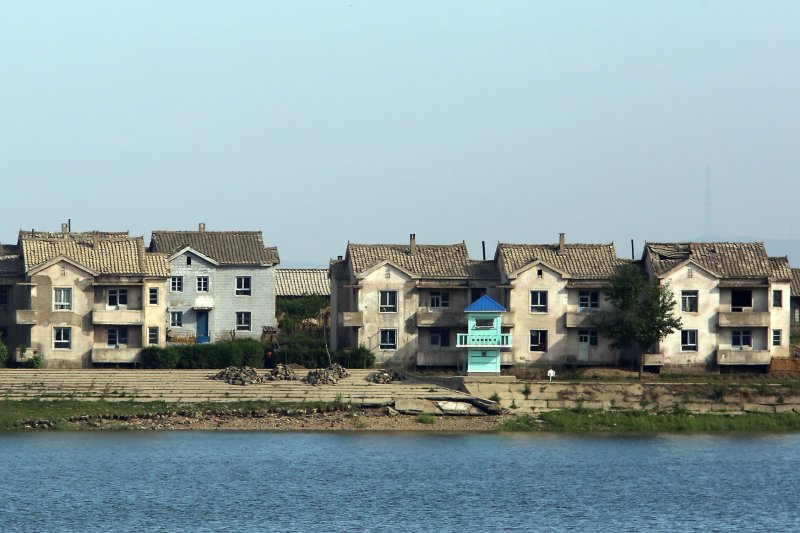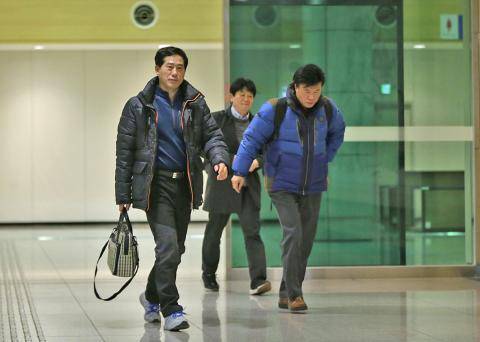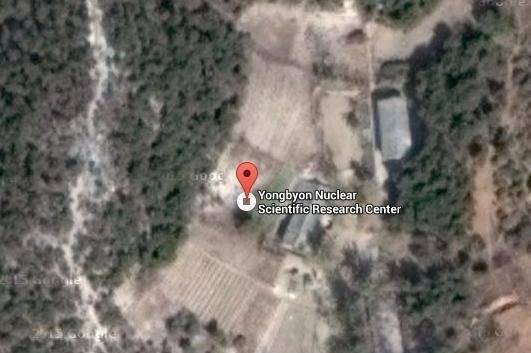Lately, it's proved that Korean wave spread over North Korea's DMZ village. Most of Korean dramas and movies and K-POP etc usually flowed into North Korea from the Chinese border.
But in these days, North Korean people who live in DMZ village or its nearby can directly watch Korea's a variety of TV programs and they can record them as a CD or DVD.
Lots of people sell them to earn some money but they can be caught by the government and strictly penalized.
I heard that Korean Wave's proliferation in North Korea is supported by North Korea's soldiers and military officers who allow people to distribute the items of Korean contents and get some money from them in return for overlooking.
Considering that Korean Wave has a quite big ripple effect, it will be getting more difficult for North Korean government to keep their country perfectly isolated than before.
But in these days, North Korean people who live in DMZ village or its nearby can directly watch Korea's a variety of TV programs and they can record them as a CD or DVD.
Lots of people sell them to earn some money but they can be caught by the government and strictly penalized.
I heard that Korean Wave's proliferation in North Korea is supported by North Korea's soldiers and military officers who allow people to distribute the items of Korean contents and get some money from them in return for overlooking.
Considering that Korean Wave has a quite big ripple effect, it will be getting more difficult for North Korean government to keep their country perfectly isolated than before.




